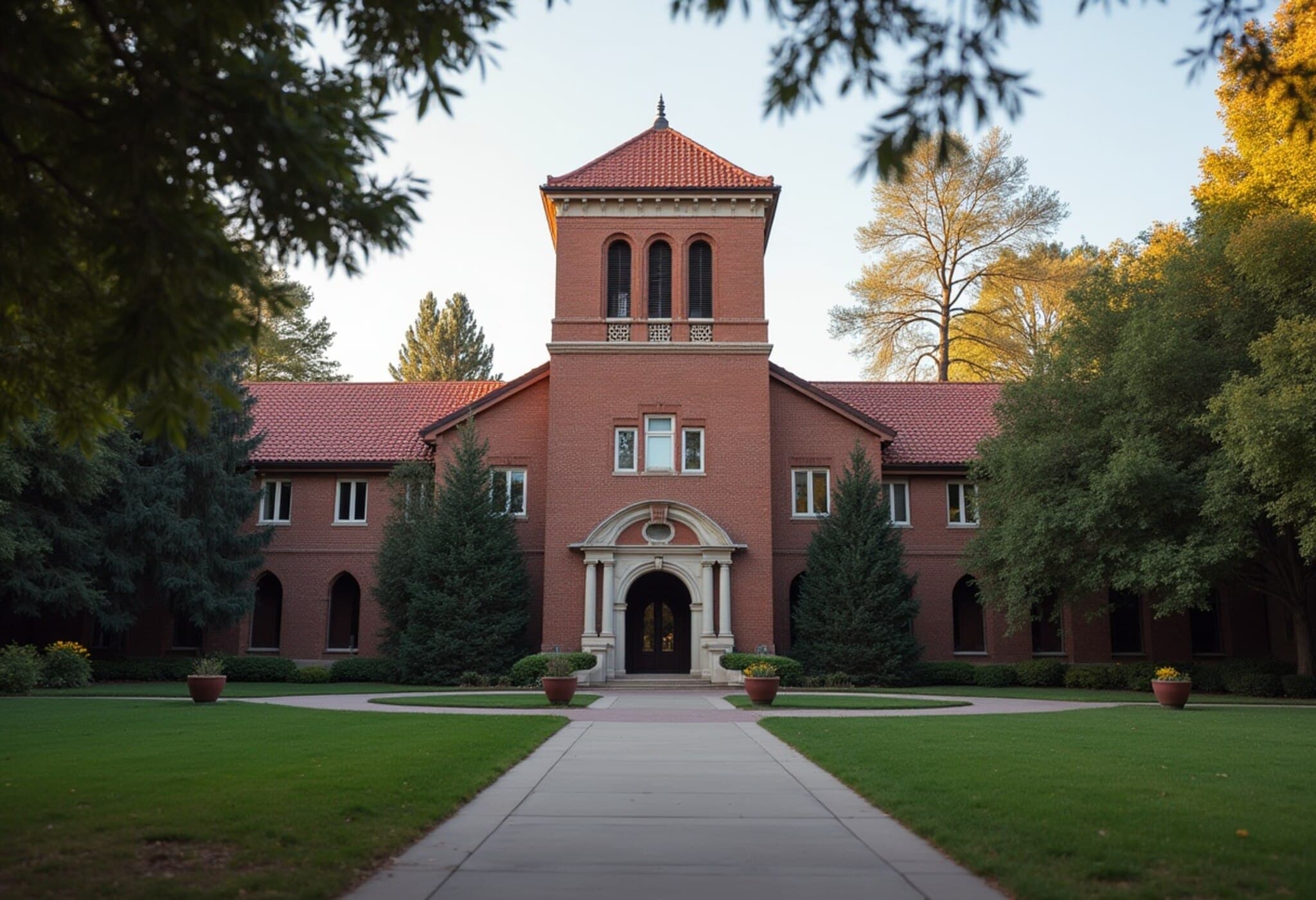Which College Majors Lead to the Best Job Prospects in 2025?
Choosing a college major is one of the most significant decisions students and their families face today, especially amid a rapidly shifting job market. While finance has long been seen as the golden ticket to a stable and well-paying career, recent data suggest that some less obvious fields might offer even better employment opportunities.
The Traditional Appeal of Finance
For many, majoring in finance remains an attractive pathway. A recent survey by the CFA Institute, which polled over 9,000 students and recent graduates aged 18 to 25, revealed that many still believe finance provides the strongest career prospects in today’s economic climate. Rafael Perez, a 29-year-old pursuing a Master of Science in finance at California State University, Sacramento, described finance as a "pivot to stability" after his creative pursuits. “Even though some peers tease me as a ‘finance bro,’ it reflects an expectation of financial success and prestige,” he shares.
Yet, despite the enduring allure, finance is not without its challenges. Confidence in finance careers has increased over the past year, but at the same time, confidence has notably decreased in STEM and healthcare fields, another core economic area.
New Data Challenges Long-Held Assumptions
Looking beyond perceptions, a recent analysis from the Federal Reserve Bank of New York paints a more nuanced picture. According to their 2023 Census-based study of recent college graduates, majors in art history, nutrition, and philosophy boast surprisingly strong employment prospects—sometimes outperforming traditional business and STEM disciplines.
- Unemployment rate among art history majors: 3%
- Nutrition majors: just 0.4% unemployment
- Philosophy majors: 3.2%
- By contrast, finance majors: 3.7%
- Computer science majors face a tougher market with 6.1% unemployment
- Economics majors: 4.9%
These figures illuminate a surprising resilience among humanities and social sciences majors in today’s labor market, challenging the assumption that STEM and business dominate employability.
Why Are Humanities Gaining Ground?
Increasing demand for humanities majors is linked to the rise of artificial intelligence (AI) and evolving workplace needs. BlackRock COO Robert Goldstein recently emphasized this shift, stating his firm now actively recruits graduates from history and English backgrounds—fields seemingly unrelated to finance or technology.
The rationale is clear: creative thinking, critical analysis, and ethical reasoning—skills honed in humanities disciplines—are becoming more valuable in an AI-driven economy. As Peter Watkins from the CFA Institute explains, "It's a bit of a gold rush in AI; those who adapt quickly, especially with creative problem-solving skills, are poised to succeed." This underscores the importance of so-called "soft skills" that many liberal arts degrees cultivate.
The Reality Facing New Graduates
New graduates today confront a tightening job market. According to the New York Fed, recent grads saw a noticeable deterioration in job opportunities in early 2025, with unemployment among this group rising to 5.8%—the highest since 2021.
Despite finance offering generally higher salaries, the stability and employability rates of some humanities majors suggest a complex labor landscape. Moreover, concerns about automation—especially in computer science—have caused the rapid growth of those majors to slow down.
Bridging Perception and Reality
The disparity between the CFA Institute’s survey (which reflects perception) and the New York Fed’s employment data highlights the tension between societal expectations and actual labor market outcomes. Peter Watkins suggests that parental guidance and cultural narratives about “business” majors still heavily influence student choices, despite emerging labor trends.
Key Takeaways
- Finance remains a strong, well-paying option, but is not the exclusive path to job security.
- Humanities majors such as art history, nutrition, and philosophy are experiencing relatively low unemployment rates.
- AI’s rise is reshaping labor demand, increasing the value of creativity and critical thinking over purely technical skills.
- Students and families are encouraged to balance passion with labor market realities, considering both employability and personal fulfillment.
Editor’s Note
This evolving employment landscape prompts critical questions for students, educators, and policymakers alike: How can universities better align curricula with shifting job markets? Are we undervaluing the skills cultivated by humanities in our rush to STEM and business fields? As AI redefines the economy, a broad, adaptable skill set may ultimately prove most valuable.
For aspiring graduates, the lesson is clear: the “best” major isn’t always the most obvious one. It’s about finding a path that blends practical employability with personal strengths and passions—a combination that may well open unexpected doors in an unpredictable future.



















